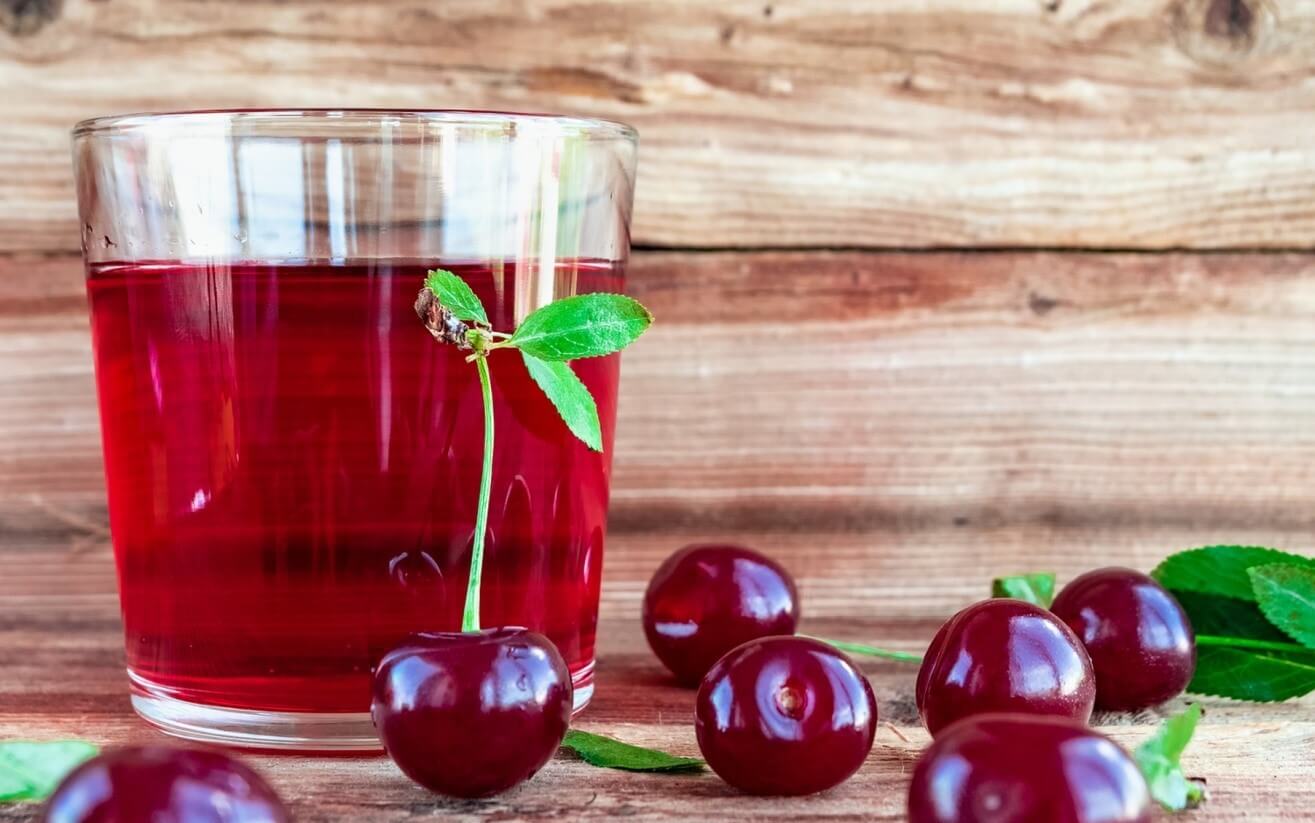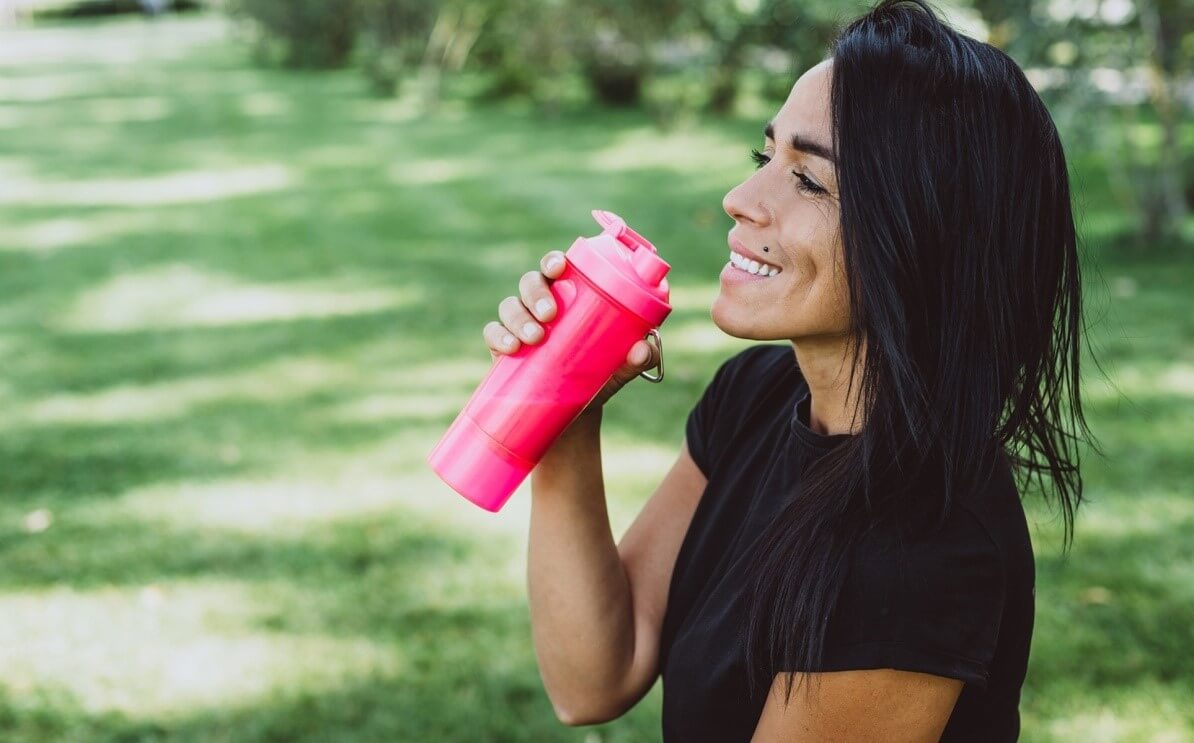Understanding the Plant-Based Athlete
The buzz around the adoption of plant-based diets by top athletes and movies such as The Game Changers, which explores optimum nutrition for athletes, is increasing consumer awareness of plant-based sports nutrition and its possible benefits. Consumers are looking to vegan sports nutrition products as a way to improve performance and have healthier, more sustainable lifestyles. In the UK, 62% of sports nutrition uses believe that sports nutrition products made with plant proteins are a healthier choice.2
Recent Developments in Vegan Sports Nutrition
In the sports nutrition category, claims of vegan, no animal ingredients, and plant-based have been rising, with many manufacturers launching plant-based versions of their sports protein powders, bars, and RTD beverages. There has also been a shift from soy to pea protein and plant protein blends as a way to sidestep the allergen and GMO issues associated with soy.
Some companies such as Vega and Organic Sports Nutrition now boast highly developed vegan sports nutrition lines that include pre- and post-workout products, in addition to their core protein powder offerings. Innovations in high-protein bars include a wider variety of plant-based proteins, as well as flavors. For example, No Cow Protein Bars come in sixteen decadent flavors, including chocolate glazed doughnut, raspberry truffle, and blueberry cobbler.
Health Benefits
Dietary diversity is a key benefit of plant-based sports nutrition products. This is largely a result of manufacturers using blends of complementary plant proteins to achieve the balanced amino acid profile athletes need. For example, Orgain Sport Protein uses pea, brown rice, and chia proteins, while Vega Sport Protein uses pea, pumpkin seed, sunflower seed, and alfalfa proteins. Sacha inchi and algae proteins are also showing up in vegan sports nutrition products.


